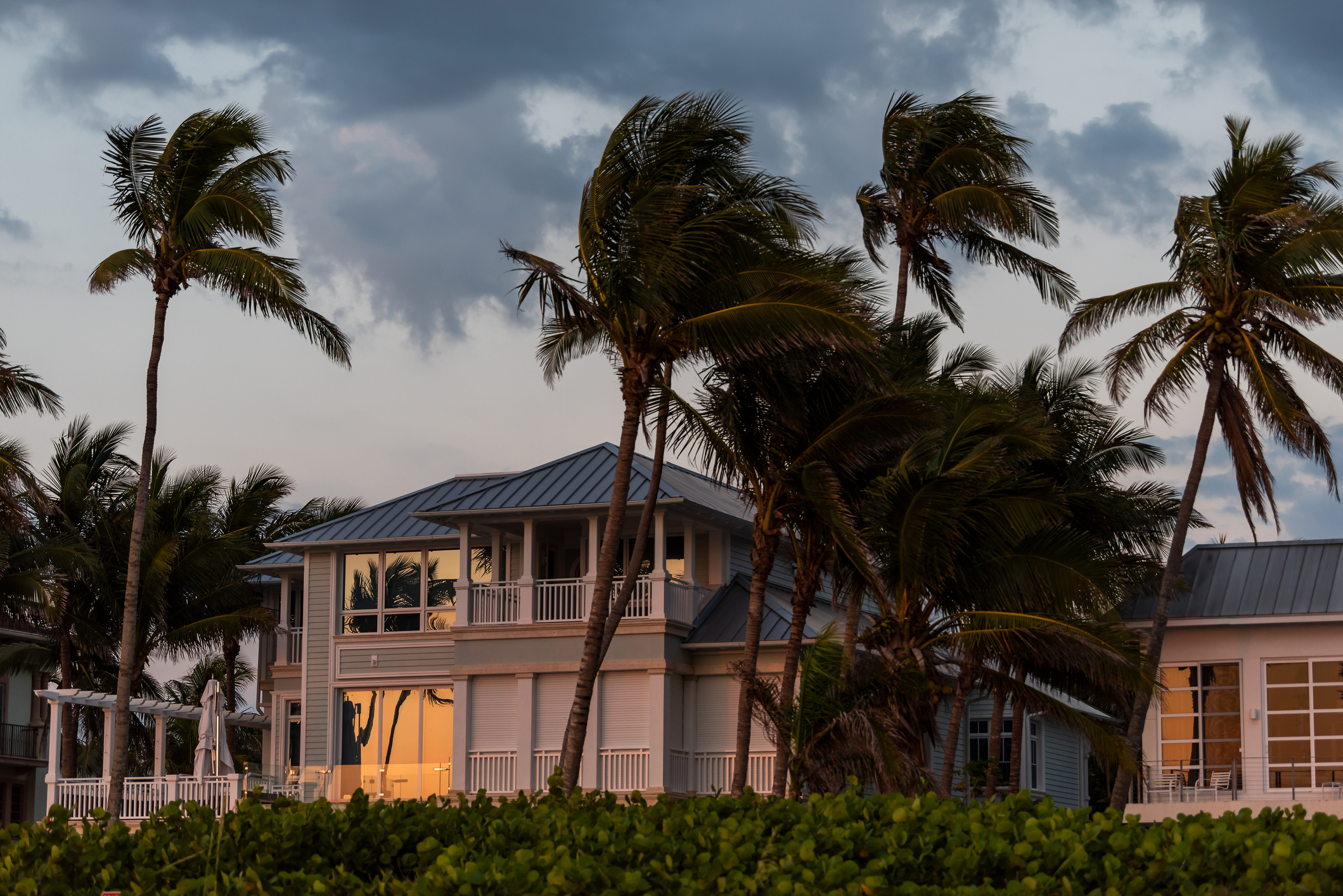
For the first time since 1957, Florida has become the nation’s fastest-growing state after decades of rapid population growth, reports the U.S. Census Bureau’s 2022 population estimates. Between 2021 and 2022, Florida’s population increased by 1.9%, reaching 22,244,823.
People are moving to Florida for a variety of reasons, not just the beaches and mild winters. In fact, many are drawn to Florida because of the state’s tax benefits, which include no income taxes, no Social Security taxes and a lack of estate or inheritance taxes. However, the financial benefits of moving to Florida could be overshadowed by harsh weather conditions the state faces.
Florida's harsh weather
Hurricane season runs for a large chunk of the year (June 1 to Nov. 30) and peaks from August to November. Last September, Hurricane Ian hit southwest Florida as the single largest loss-causing event of the year. With 155-mile-per-hour winds and a 15-foot storm surge, Hurricane Ian caused destruction in many Florida communities, costing $112.9 billion in damages, making it the second-largest insured loss on record after Hurricane Katrina, according to Swiss Re.
The risk of damages caused by these catastrophic events has Florida residents paying a lot more in insurance than the national average of $1,428 per year for a policy with $250,000 in dwelling coverage. The average home insurance cost for Florida is $553 more, averaging $1,981 for an annual premium.
Home insurance could soon cost more in Florida. On Wednesday, the board overseeing Citizens, the state-run company that is Florida’s largest home insurer, voted to recommend a 14% insurance rate increase, reports the Miami Herald. Citizens may also implement a “hurricane tax” this year, which would charge all property insurance holders in the state a fee.
For hurricane-prone areas in Florida, many insurance companies require property owners to purchase additional hurricane insurance, as typical homeowners insurance doesn’t cover all types of hurricane damage, like flooding. “Hurricane insurance” is insurance that covers damages caused by water and wind. For full coverage of your home in the case of weather damage, this means you may have to purchase separate flood and windstorm insurance policies.
And catastrophic weather events don’t just impact your home. You may also have to shell out for comprehensive coverage on your vehicle in case it’s also badly damaged in a storm. According to Bankrate, Florida has the highest annual cost of full-coverage car insurance.
So, while you may think you’ll profit from Florida’s tax benefits, keep in mind how potential savings could be offset by the state’s sky-high insurance rates, which may soon go even higher.







